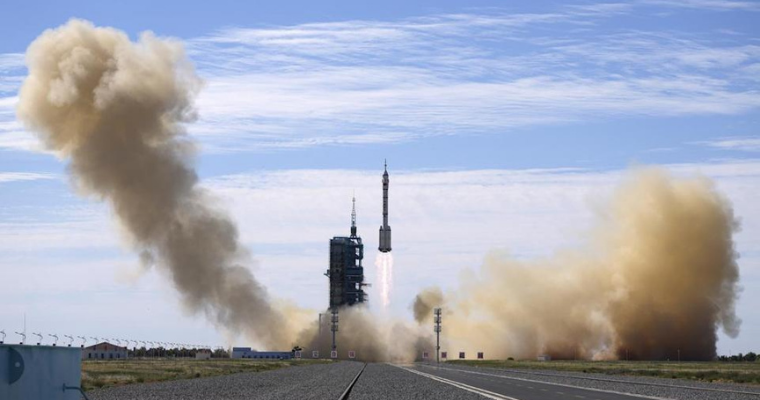China is planning to send its first crewed mission to Mars in 2033. China is continuing to boost its space ambitions to take part in the competition with the US. The second-largest economy of the world is planning to regularise its crewed missions to the Red Planet.
Wang Xiaojun, the head of the state-owned China Academy of Launch Vehicle Technology, has outlined a plan for the first time. This plan is about the country’s first decision to make an advent on Mars. This announcement came after the week when China landed a remote-controlled rover, Zhurong, on Mars. This is making China the second country after the US to make such plans.
Wang said the first step of this plan of China includes the robots to explore Mars to sample the surface. It also helps in selecting a place for building a base. The next stage of this plan will include the sending of astronauts up to Mars. This plan will be followed up with the building of a base station there. China also wants some large-scale Earth-to-Mars cargo missions to execute these plans properly.
China has earmarked 2033, 2035, 2037, 2041, and 2043 for executing such a mission. It will also explore the technology for flying astronauts back to Earth. A roundtrip to Mars would have flight time for hundreds of days.
The revelation of China’s Red Planet goals is coming after their many successful space missions. China has already begun the construction of its space station. Earlier this month, China sent its first astronauts up there to Mars. It was the first time that China has sent a crewed mission to Space after 2016.
Earlier this week, Chinese President Xi Jinping has exchanged his conversation with the astronauts. He congratulated the team. Also, the president is highlighting how much higher the space mission of this country is going to be.
Also, the space missions of China are getting support from the top. Space is an area where China wants to lead. They want to be part of the broader technology battle with the US. NASA, on the other hand, is planning to send humans to Mars in the 2030s.
Credits: CNBC










Comments are closed.